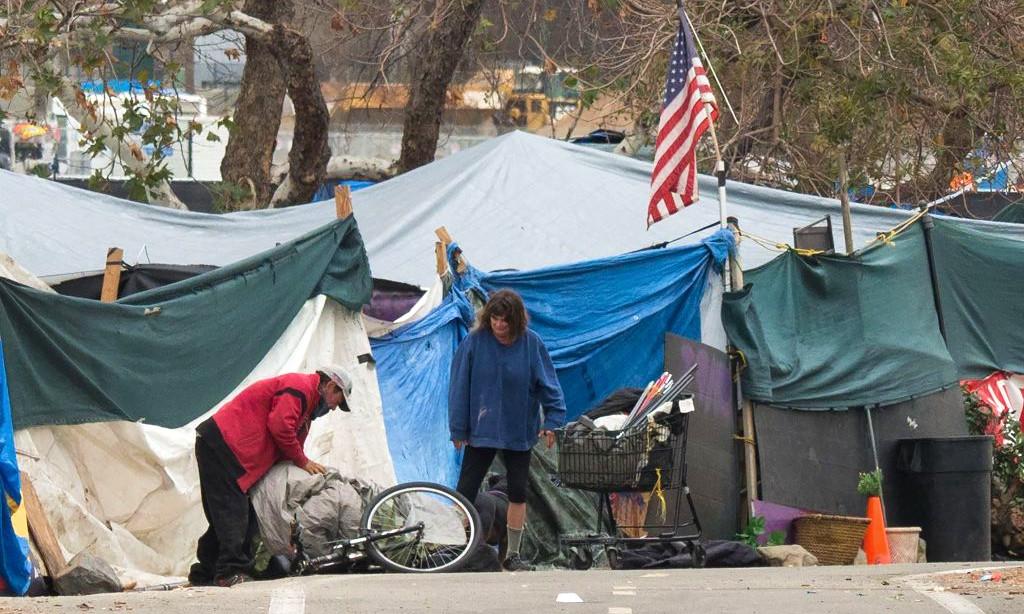The Garden Grove city council approved a proclamation during its Jan. 26 city council meeting that will seek to determine the short- and long-term effects of COVID-19 on the city’s homeless population.
“As uncertainty of the economy, unemployment, and housing instability compounded with the public health emergency due to the COVID pandemic persists, it is important to bring awareness of current efforts and seek public input about homelessness in Garden Grove to help guide long-term priorities of post-COVID recovery,” the council agenda says.





